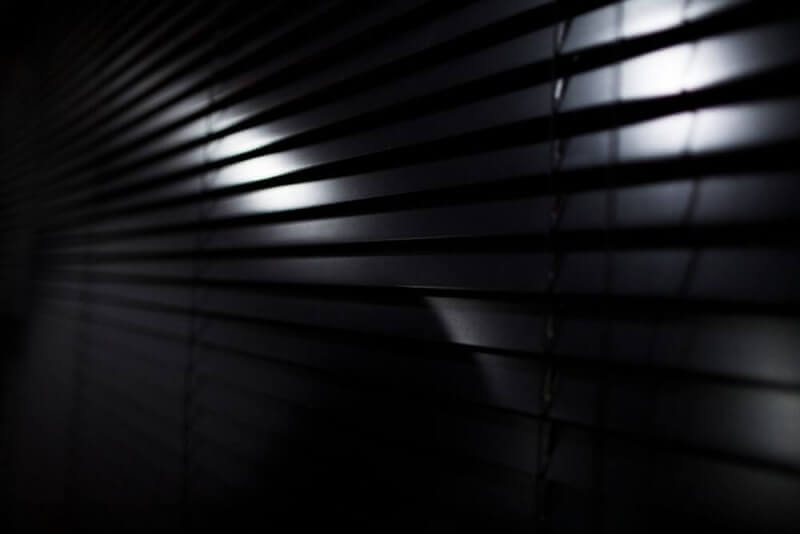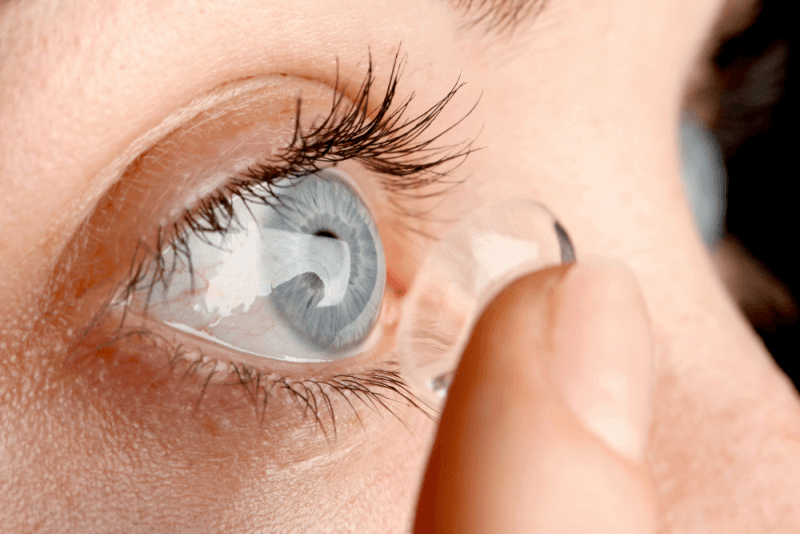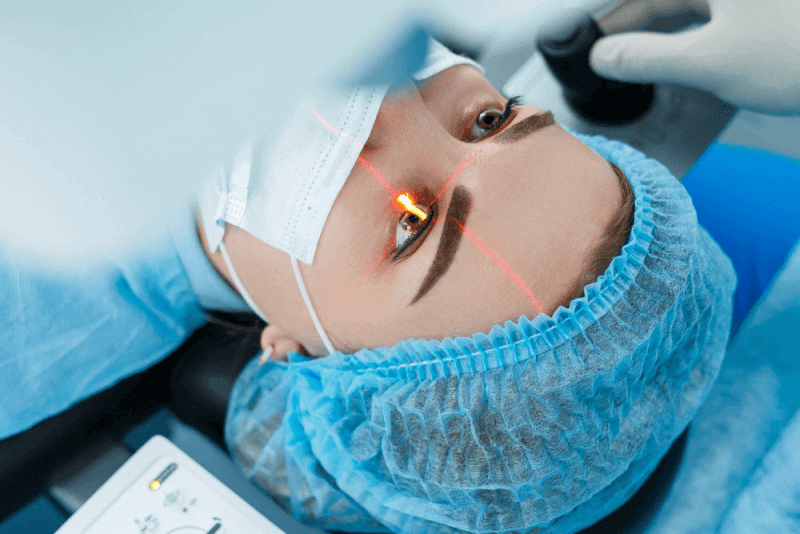What is night blindness?
Also called nyctalopia, night blindness is defined as poor vision in low light environments. It is particularly the inability to quickly adapt to a new setting when moving from a well-lit environment to one with poor lighting. Not considered a disease in itself, night blindness typically appears as a symptom of an underlying condition. Common among individuals with myopia, night blindness in such cases usually arises from retinal problems, though in myopic individuals, it stems from optical issues.
Diagnosis methods for night blindness
The diagnosis of night blindness begins with a comprehensive examination by an eye specialist. Subsequently, specific imaging or tests are conducted to identify both the night blindness and its underlying causes.
Symptoms of night blindness
Since the underlying causes of night blindness can vary, the symptoms may also differ. Symptoms in individuals with night blindness may include:
- Blurry vision in poorly lit environments
- Difficulty seeing surface details in low-light conditions
- Sensitivity to light
- Complete vision loss when entering a dark room
- Seeing halos or glare around lights
- Inability to see stars at night
- Inability to see distant objects in low-light environments
Causes of night blindness
Pupils naturally adjust to light. In dimly lit areas, pupils dilate to allow more light to reach the retina, which is composed of cone and rod cells at the back of the eye. Cone cells enable us to see colors, while rod cells help us see in the dark. In cases of night blindness, there may be damage or disease in the rod cells. Common causes of night blindness include:
- Myopia
- Diabetes
- Medications for glaucoma that constrict the pupil
- Vitamin A deficiency often seen in individuals who have undergone intestinal bypass surgery
- Cataracts
- Retinitis pigmentosa
- Macular degeneration
- Congenital pigmentary issues of the eye
- Refractive surgeries such as LASIK and PRK
Treatment methods for night blindness
The treatment plan for night blindness largely depends on the underlying cause. It can be as simple as changing eyeglass lenses or the type of glaucoma medication used. If caused by cataracts, surgical intervention may be necessary.
How is a night blindness test conducted?
To conduct a night blindness test, first, eye-dilating drops are applied. Then, the eyes are examined using a microscope with a bright light. Subsequently, a series of tests are performed to confirm the diagnosis of night blindness.
How to prevent night blindness?
There is no way to prevent genetic predispositions. However, genetic factors are influenced by environmental factors. Therefore, certain habits should be observed to prevent night blindness.
Vitamin A
Eating foods rich in vitamin A is highly effective in preventing night blindness caused by vitamin A deficiency. Foods rich in vitamin A include:
- Eggs
- Carrots
- Milk
- Melons
- Spinach
- Pumpkin
Regular eye examinations
Regular eye examinations are necessary for the early detection of any potential eye problems. This allows for prompt intervention in eye diseases and defects.
Zinc
Zinc is required for the body to metabolize vitamin A efficiently. Therefore, attention should also be paid to avoiding zinc deficiency. Foods rich in zinc include:
- Beef
- Poultry
- Beans
- Nuts
Sunglasses
Just like our skin, our eyes also need protection from UV rays, which can increase the risk of macular degeneration and glaucoma. It is important to look for sunglasses with the following features:
- Filters 74% to 90% of visible blue light
- Blocks 99% of UVA and UVB rays
- Provides full coverage for the eyes
Exercise
Exercise is recommended to reduce the risk of eye diseases. It can help lower both intraocular pressure and blood sugar levels.







